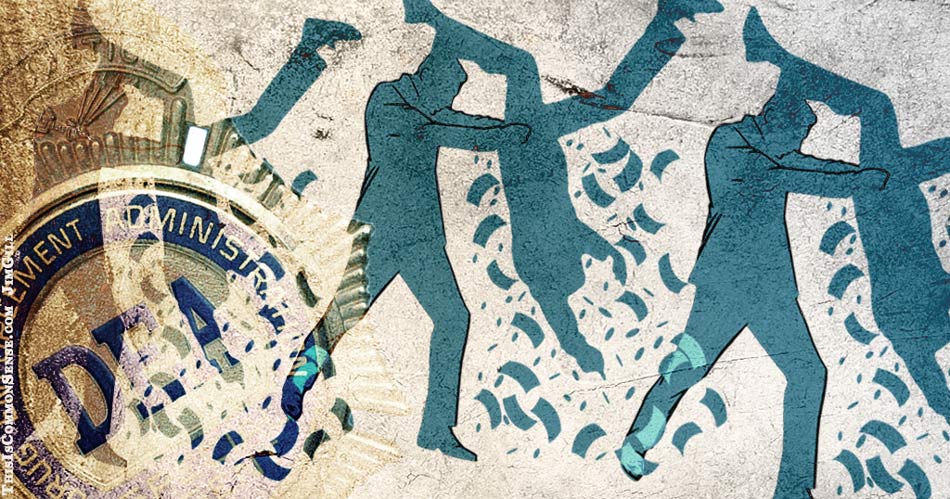Eric Boehm over at Reason excoriated Idaho Gov. Butch Otter for giving libertarians “the double bird salute.” Boehm wondered if the governor, in vetoing two bills earlier this month, had been merely “trying to make libertarians mad.”
That’s not exactly fair.
The two blocked bills, one reforming unjust civil asset forfeiture and the other easing pernicious regulation of cosmetology, did certainly appeal to libertarians. But they also appealed to conservatives and liberals. And both passed with bipartisan support.
House Bill 139 would have reduced the number of training hours for a cosmetology license and allowed folks to fix hair at special events like weddings without a license, etc. “The fact that many lawmakers, Republicans and Democrats, liberals, moderates and conservatives, are working together to advance legislation in the interest of economic opportunity and prosperity,” argued Wayne Hoffman of the Idaho Freedom Foundation, “is a thing of beauty for a profession that’s all about beauty.”
But beauty is in the eye of the beholder. Those who run cosmetology schools probably like more mandated hours and folks in the profession might wish for less competition. Governor Otter said as much, complaining that HB 139 was written “without input from interested parties or due regard for the health, safety and welfare of the public.”
Just how dangerous is a bad haircut?
Putting safety in context, Hoffman explained that the current mandated hours of training for a cosmetology license “is more than is required to become an EMT in Idaho.”
Gov. Otter vetoed HB 202, the civil asset forfeiture reform, at the behest of “law enforcement” — the very interested parties who gain from taking people’s stuff without bothering to charge or convict them of a crime.
That makes no sense … according to Common Sense. I’m Paul Jacob.











